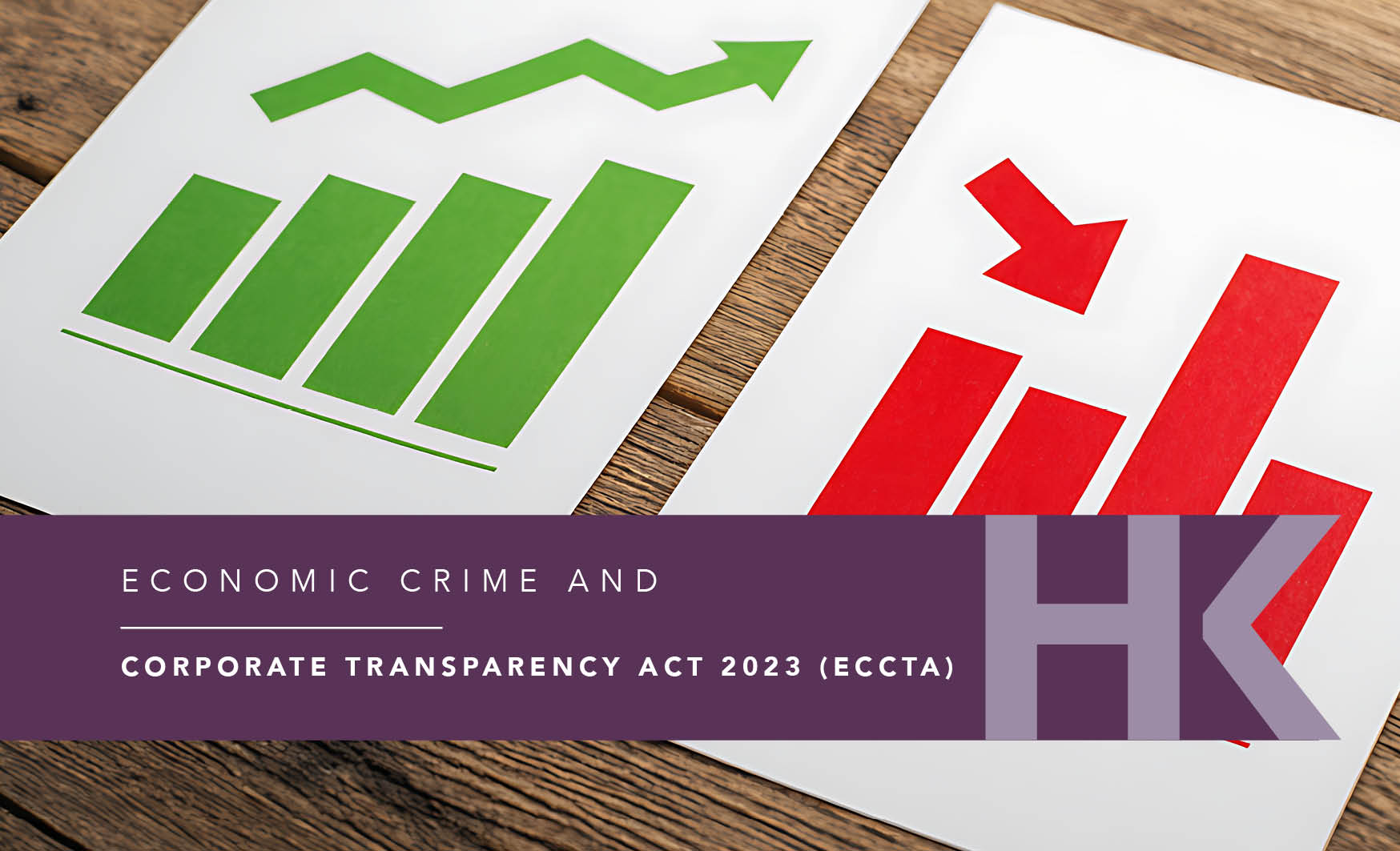
All the major parties have promised a crackdown on tax evasion and avoidance to pay for their manifesto pledges. It has been notable in the first week of the election campaign that both the Conservative and Labour parties have made sweeping statements that a crackdown on tax avoidance and more tax investigations will produce enough money to pay for election pledges. With limited resources, HMRC will have to use artificial intelligence (“AI”) to make a real impact, which it is already starting to use to good effect. Harbour Key has a recent example of three compliance checks issued to clients on the same tax point, as part of a data search.
Given staffing resources at HMRC, more investment and use of AI tools will be absolutely critical to meet Government targets, and we are seeing progress in this area. HMRC has its investigation tool called Connect, developed in the noughties, which has been put to good use to date, but further development will improve the ability to analyse data, of which HMRC is collecting massive amounts. More details regarding the Connect system can be found at HERE.
In developing its system to analyse vast quantities of data and identify anomalies, HMRC is now a data-driven organisation. It can use the vast amounts of information it holds from various sources and has access, to better target investigations.
Regardless of the outcome of the election, any government will want to close the tax gap, putting HMRC under pressure to increase investigation activity. Labour’s Rachel Reeves announced in April that Labour would invest £555m into HMRC investigations, funding the recruitment of more tax inspectors to focus on complex tax evasion and avoidance cases. This is projected to raise an extra £700m in tax in its first year and £5.1bn per year by the end of the next parliament.
At the end of May, team Harbour Key, on the same day received three HMRC letters opening compliance checks into three clients’ 2023 self-assessment returns. All three checks related to Business Asset Disposal Relief (“BADR”), the 10% tax rate applied to the first £1m of chargeable gains on the sale of business assets. As HK advise & support a significant number of clients on the sale of their businesses and then are engaged to report their sale as part of their self-assessment return, we have a number of clients who claim BADR, so to get three checks/enquiries in a year following HMRC’s increased investigation activity into BADR, is not a surprise, but on the same day!
The area HMRC were checking was the £1m lifetime allowance. In the 2020 March Budget, just before the Covid 19 lockdown, the BADR lifetime allowance (then known as Entrepreneurs’ Relief, it being renamed BADR in that Budget) was reduced from £10m to £1m. The clock for lifetime allowance starting in April 2008, which is when the relief was brought in by the then Labour Government. This means that any disposal where the 10% tax rate has been claimed from April 2008 has to be included when calculating how much of the allowance is available.
HMRC believe that many taxpayers due to what happened very shortly after the March 2020 budget, going into lockdown, are not aware of the change (we met a client recently who fitted into this group) or, more commonly, taxpayers are not keeping track of their utilisation of the BADR lifetime allowance.
Since all letters were received on the same day, and the enquiry references were identical other than the number, our three clients being very high references, in the thousands, a significant number of checks are likely to have been issued. As HMRC will be able to check what level of the allowance a taxpayer has claimed by checking previous filed tax returns, we believe it is now a very simple task for HMRC to use its Connect system to be set up to search a taxpayer’s historic tax filings to check what has been claimed on mass, and if a discrepancy is found, an automatic letter is issued. No checks are being undertaken by an HMRC employee.
Despite us always asking a client if they have ever claimed BADR as part of our advice and support on the business sale, two clients’ claims were found to be correct.
- The first had used £6,700 of the relief in 2014, resulting in an underpayment of tax of £67, plus interest for the 2023 tax year.
- The second had used £12,000 of the relief in 2009, resulting in an underpayment of tax of £1,200 plus interest for the 2023 tax year.
The third check was issued in error, and had it been checked by a HMRC officer, HMRC would have found the error. The client having claimed the relief on a previous disposal, but on an enquiry the claim was found not to be valid and therefore removed, the 2023 return claiming the allowance correctly.
In addition to the unpaid tax and interest charges, HMRC could charge penalties, if these errors could not have been sorted by way of an amended tax return. HMRC is able to charge penalties up to 30% of the additional tax to be paid for careless errors.
Two of the clients had tax investigations fee insurance, however the policy will not cover careless mistakes, which the insurance company determined in the case where the relief had been overclaimed for failure to check historic records.
All three checks were closed in two weeks of the letters landing at HK offices. However, the way these checks were raised shows the power of HMRC’s use of information, highlights the potential goldmine of unpaid tax from operating in this way, which will only improve as HMRC AI systems develop. An AI farmed enquiry! Bulk enquiries like these are also likely to place an additional time burden on HK in dealing with HMRC.
Please do not hesitate to contact us if you wish to discuss anything covered in the newsletter or any tax, accounting or business-related matter.



